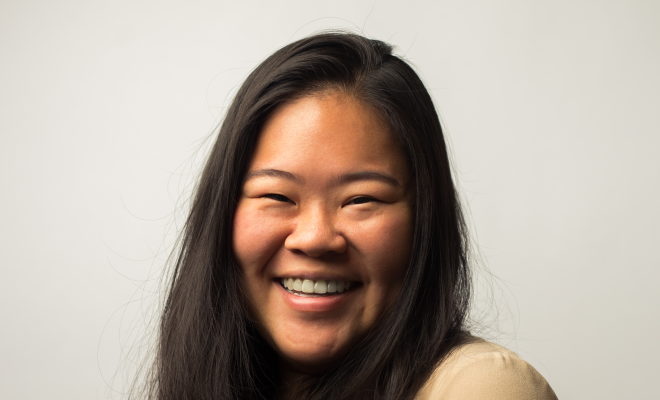
Insights + interviews
How technology is powering re-employment among the retired
Nelson Mandela once said, “Education is the most powerful weapon which you can use to change the world”. Indeed, education can change a person’s life, shape a community, a country in a way that no other could. Retired teachers have vast experience and plenty of knowledge accumulated in them.
With the current retirement age in Singapore at 62 and re-employment options peaking at 67, if tutors still harness passion and want to share their skills, by teaching even just one student a week, that’s one person’s life changed.
EdTech has reshaped the education landscape, providing more opportunities to mature teachers, who want to work at a slower pace that suits them.
According to a recent household budget study by the Lee Kuan Yew School of Public Policy (LKYSPP) and a follow-up survey commissioned by The Straits Times, a single senior will need to have at least S$1,379 a month to meet basic needs. Although this figure seems reasonable, the Straits Times survey found that 41% of retirees do not have such funds in retirement. Among this group, 28% of retirees say they fall short by at least half the recommended amount.
A thriving gig economy
Technology has enhanced the gig economy through providing retirees with endless options, should they want to continue working post retirement. The Gig Economy has grown exponentially in the past decade across Asia, especially for some sectors of the economy that has burgeoned with the growth of technology and apps such as Grab, Go-Jek, Fiverr, Food Panda to name a few. The emergence of these sharing-economy platforms has empowered many primary freelancers, and even full-time employed workers to take up freelancing as a secondary source of income.
In Singapore, figures from the Ministry of Manpower show there were about 200,000 freelancers in 2016 and that self-employed persons made up 8 to 10% of the resident workforce.
Education versus the gig economy
Education is crucial to the gig ecosystem. Self-serve digital platforms like Tueetor allow retired teachers that still have the passion and want to share their skills, to do so flexibly at their preferred time and location. They can teach full-time, flexi-time, freelance or part-time.
With private and public education in general being one of the largest, tried-and-tested industries globally, and with new proprietary technologies rushing to close the gap on supply and demand, Tueetor is one of few platforms positioned to provide plenty of opportunities for retired teachers or those taking a break from full time classroom hours. Singapore households spent S$1.4 billion on tuition, based on the Household Expenditure Survey conducted by the Department of Statistics from October 2017 to September 2018.
How the digital space has generated opportunities for inactive tutors
Depending on why the tutor has become inactive, the digital space addresses most of these concerns.
For tutors that stopped teaching because of schedule conflicts, digital platforms allow them to teach at their preferred date and time. They are able to choose students that align with their weekly schedule, and conduct one-off workshops during the school holidays.
Many senior tutors would have concerns on traveling too far and with digital platforms being location-based, tutors can input their preferred location for the class, and even indicate how far or not they are willing to travel. They will then only be matched to, or appear on the searches of students who meet their criteria.
For tutors that look to digital platforms for opportunities, they won’t need to wait too long for a response. They can speak to their prospects directly at any given time. There is no “market” rate to follow and they can charge at a price that think fits themselves and their students. There isn’t any referral fee to pay. Think subscription at S$15 a month, that comes with a list of benefits including an NTUC union membership sponsorship that includes a training grant that they can use to improve their own skills, as well as freelancer income protection insurance.
And for tutors that lost their passion in the industry because they have been “forced” to teach more “popular” subjects, they can decide on their own now, because the tutors now have full control.
Beyond academic tuition – tutors can also teach any skills they are good at now. If their interest is in sewing, they are confident in their skills, why not offer to share this skill as well? If the tutor has experience in teaching children with special needs, put it out there so families can find help.
Virtual classrooms and video-on-demand modules are an area of massive growth. They are developed with the tutors in mind, to help them spread their skills and knowledge digitally, across borders, on-the-go. This in turn helps retired tutors reach even more students and impact more people’s lives beyond Singapore.
EdTech platforms enable learners to access all types of education from individual trainers, to commercial courses and online to offline teaching methods, from recorded to live content.
I am of the belief that retirees across Singapore who want to engage in re-employment need to get more involved in the EdTech space to provide them with opportunities to follow their passion while earning that little bit extra.
This article was contributed by Eng Jia Ling, Business Manager of Tueetor.
For more on Tueetor and the opportunities it provides for retirees, please see https://www.tueetor.com/en









